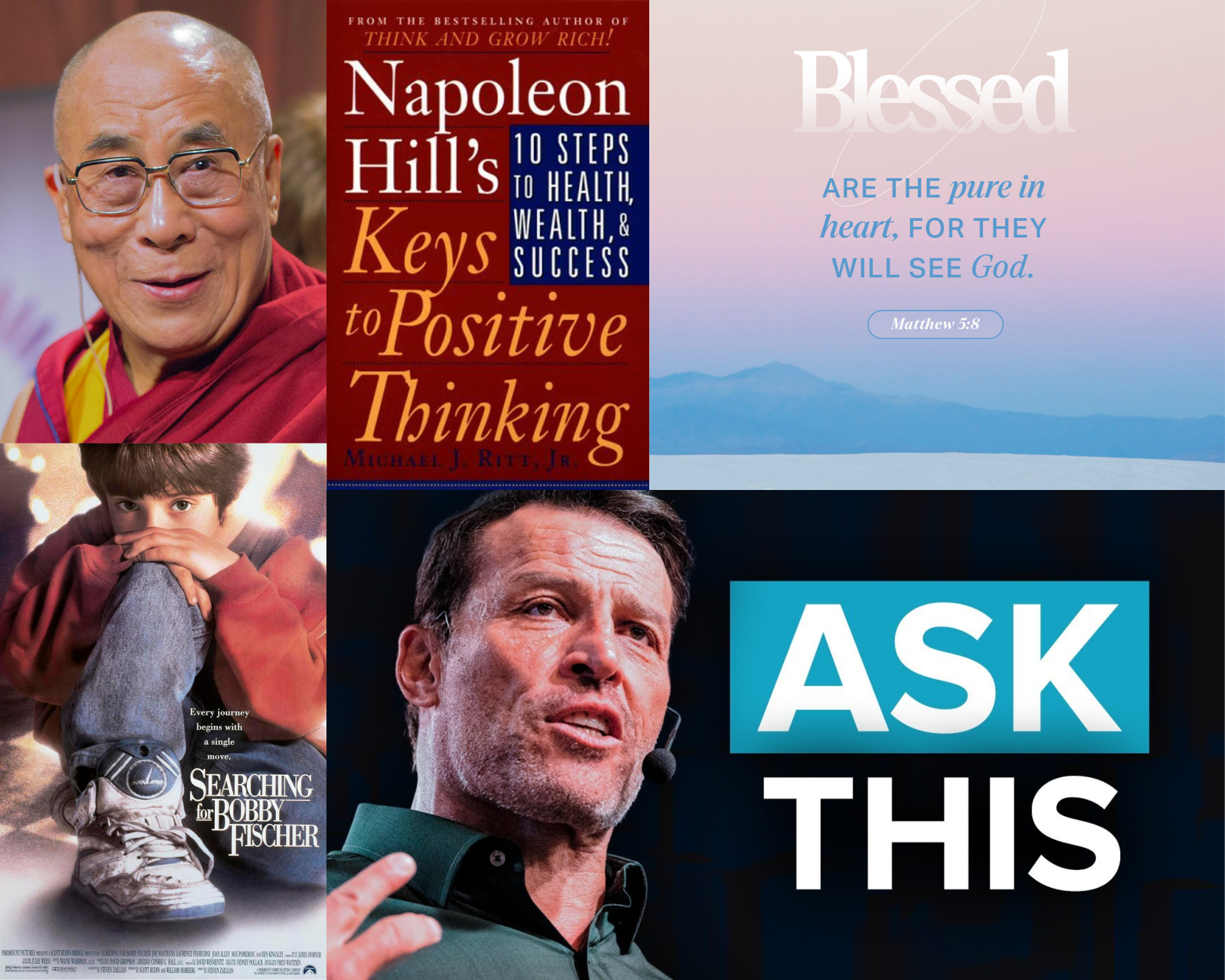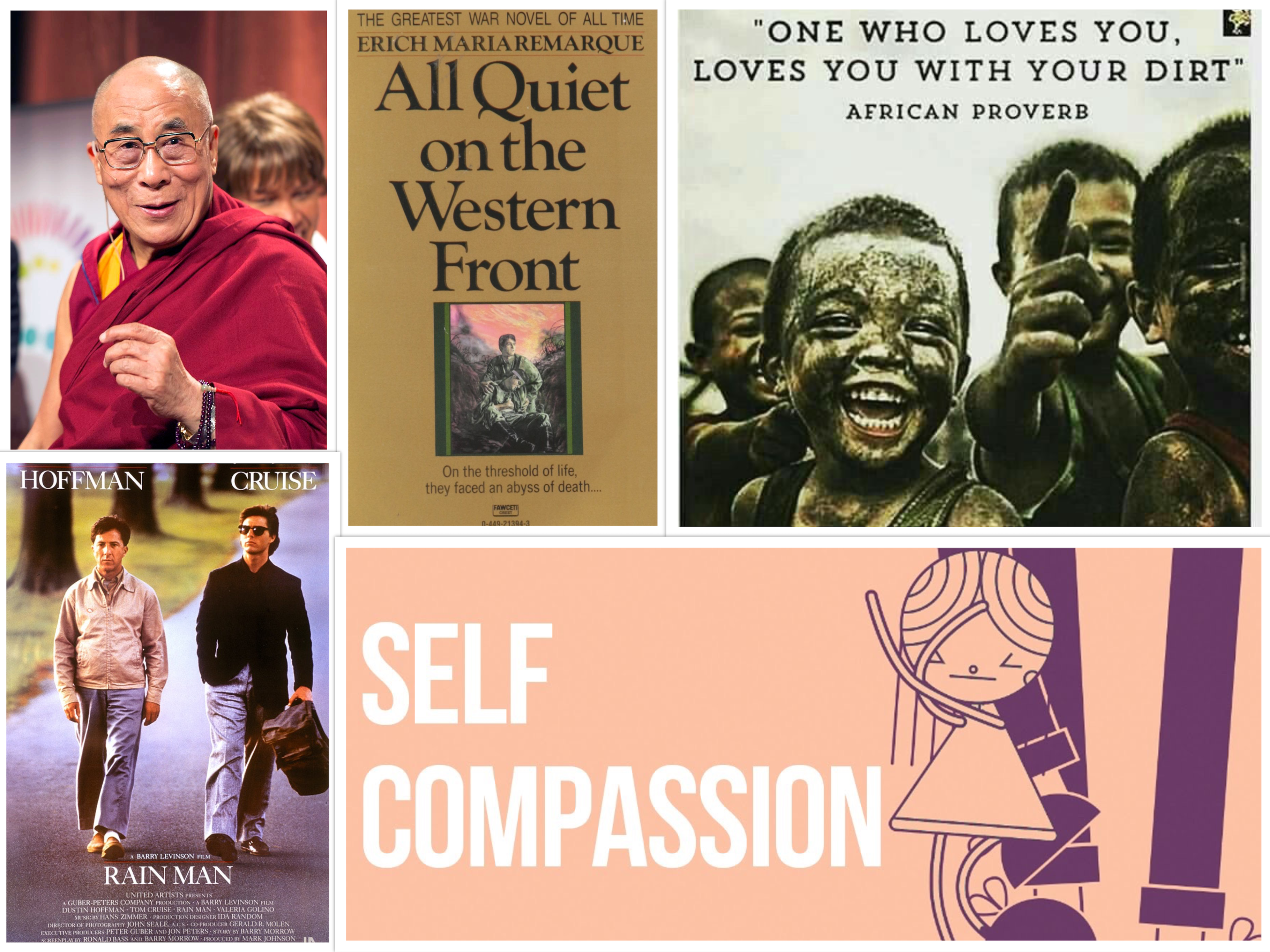Sunday Supplement #165 (July 7th, 2024)
Below is another Sunday Supplement with a quote worth sharing, a book worth reading, a movie worth watching, brainfood worth consuming, and a spiritual passage worth pondering.
Please take something away from these recommendations that enriches your week ahead!
Quote of the Week:
“In order to carry a positive action we must develop here a positive vision.”
– Dalai Lama
Book of the Week:
Napoleon Hill’s Keys to Positive Thinking – Michael J. Ritt Jr.
I featured Napoleon Hill’s Think and Grow Rich in Sunday Supplement #85. The title might throw some people off, but I found some of its advice invaluable.
Napoleon Hill’s journey involved discovering the commonalities between the most successful people in various fields and compiling them to present to the public.
Napoleon Hill’s Keys to Positive Thinking is a compilation of some of the best principles from Hill’s best works.
Michael J. Ritt Jr. worked for Napoleon Hill, and his compilation was released as an official publication of the Napoleon Hill Foundation.
It is a short read, and at least one worthwhile tip is waiting for you to pick up in this book. I found the book an enjoyable read and one I’ll revisit in the future.
Movie of the Week:
The 1993 film Searching for Bobby Fischer, written and directed by Steve Zaillian, was based on the story of child chess prodigy Josh Waitzkin.
The book on which the film was based was written by Josh’s dad, Fred Waitzkin. It follows Josh’s journey in the competitive chess world as he’s encouraged to harden himself to become a champion like the famous but unlikable Bobby Fischer.
The film features brilliant performances from Max Pomeranc as Josh, Joe Mantegna as Fred, Joan Allen as Josh’s Mom, Joan, Ben Kingsley as Josh’s coach Bruce, and Lawrence Fishburne as Josh’s coach Vinnie.
Searching for Bobby Fischer was nominated for one Oscar (Best Cinematography), but I think it deserved many more.
The film is an excellent exploration of childhood, parenting, teaching, and the pursuit of success. Even if you don’t like or know much about chess, add this movie to your watchlist.
Brainfood of the Week:
These 3 Questions Will Change How You Do EVERYTHING! | Tony Robbins
Tony Robbins is a #1 New York Times best-selling author, philanthropist, entrepreneur, and leading life and business strategist.
This video is a clip from one of Robbins’s seminars. In the video, Robbins discusses three questions and how they affect our lives.
The three questions are: What are you going to focus on? What does this mean? What am I going to do?
Robbins breaks down how we shape our experience of life based on our answers to these questions (consciously or subconsciously).
I’ve featured three Tony Robbins books in previous Sunday Supplements. Check out this short video and see if you’re interested in checking out more of Tony Robbins’s work.
Closing Spiritual Passage:
“Blessed are the pure in heart, for they will see God.”
– Matthew 5:8
The Ten Commandments from the Bible are often highlighted, but I find the Beatitudes a more interesting guide to living a good life. Jesus’s Sermon on the Mount is a powerful message, and I highly encourage you to read it at some point.
Matthew 5:8 is a verse from this passage, and I find you can take a lot from just this verse. I’ll start with the latter, “for they will see God.” I’m reminded of the verse John 4:8, “But anyone who does not love does not know God, for God is love.”
As for the beginning of the above verse, “Blessed are the pure in heart,” I think of the Bible’s description of purity relating to guiltless, blameless, or innocent behavior.
For me, Matthew 5:8 reminds us to be honest, uplifting, and loving; in turn, we will see the love in this world.
Stay positive, move forward with positivity, and have a blessed week ahead!

